California’s new minimum wage law, which ensures all fast food workers are paid $20 an hour, went into effect on April 1, 2024. And for two weeks, the law and its side effects have been making headlines.
In addition to the immediate consequences of this policy for fast food companies and their minimum-wage employees, it’s now clear that the law will significantly affect many others within the business and even other industries.
The New California Minimum Wage Law
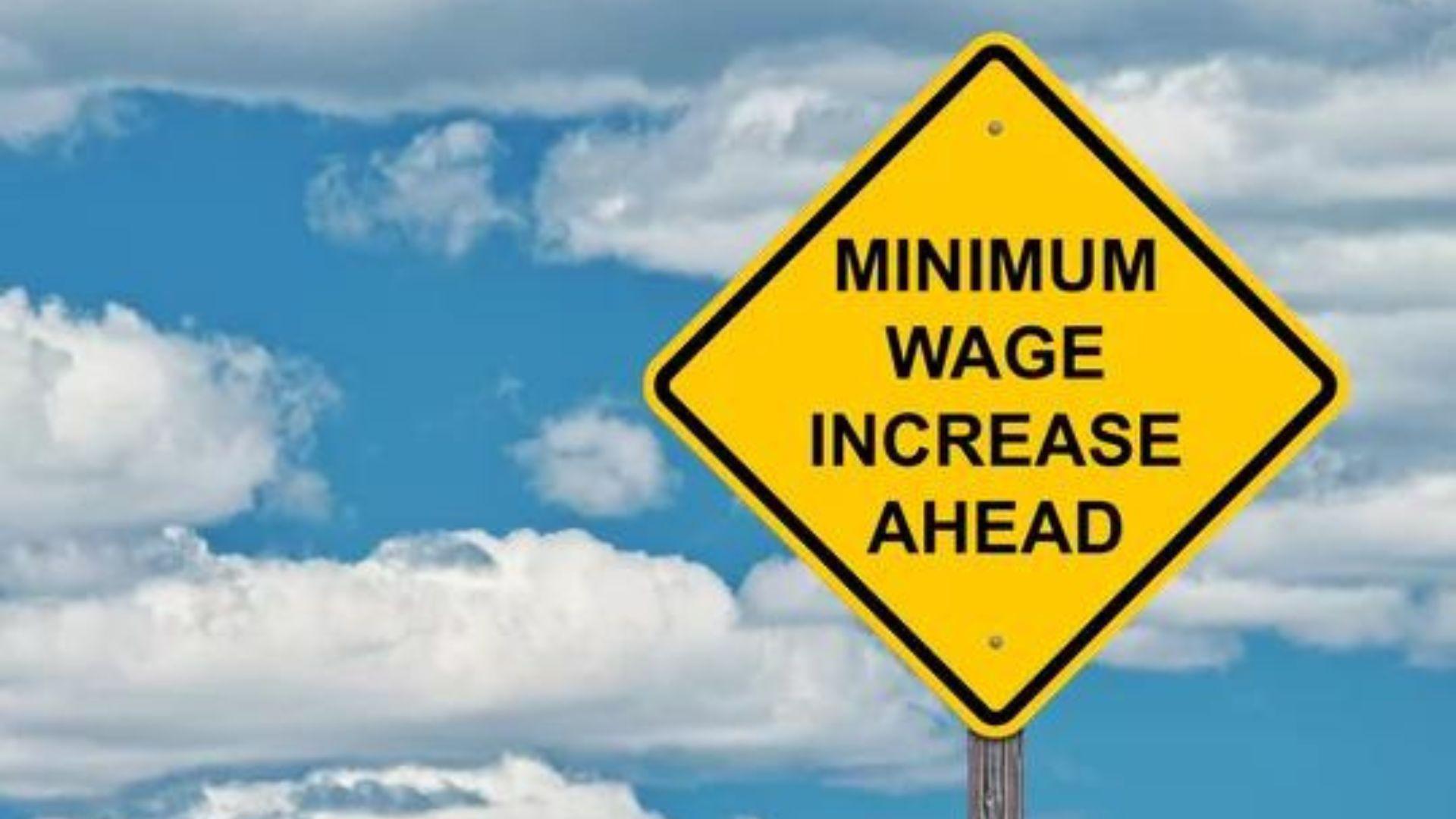
For those that haven’t seen the news, California’s new minimum wage law is a very big deal. Instead of paying $16 per hour, fast food restaurants are now required to pay all employees at least $20 per hour in the Golden State.
The law has certainly sparked debate around the state and the country. And while some agree that fast food workers undoubtedly deserve $20 per hour, others worry about the consequences of such a big change.
Fast Food Prices Are Bound to Increase This Year
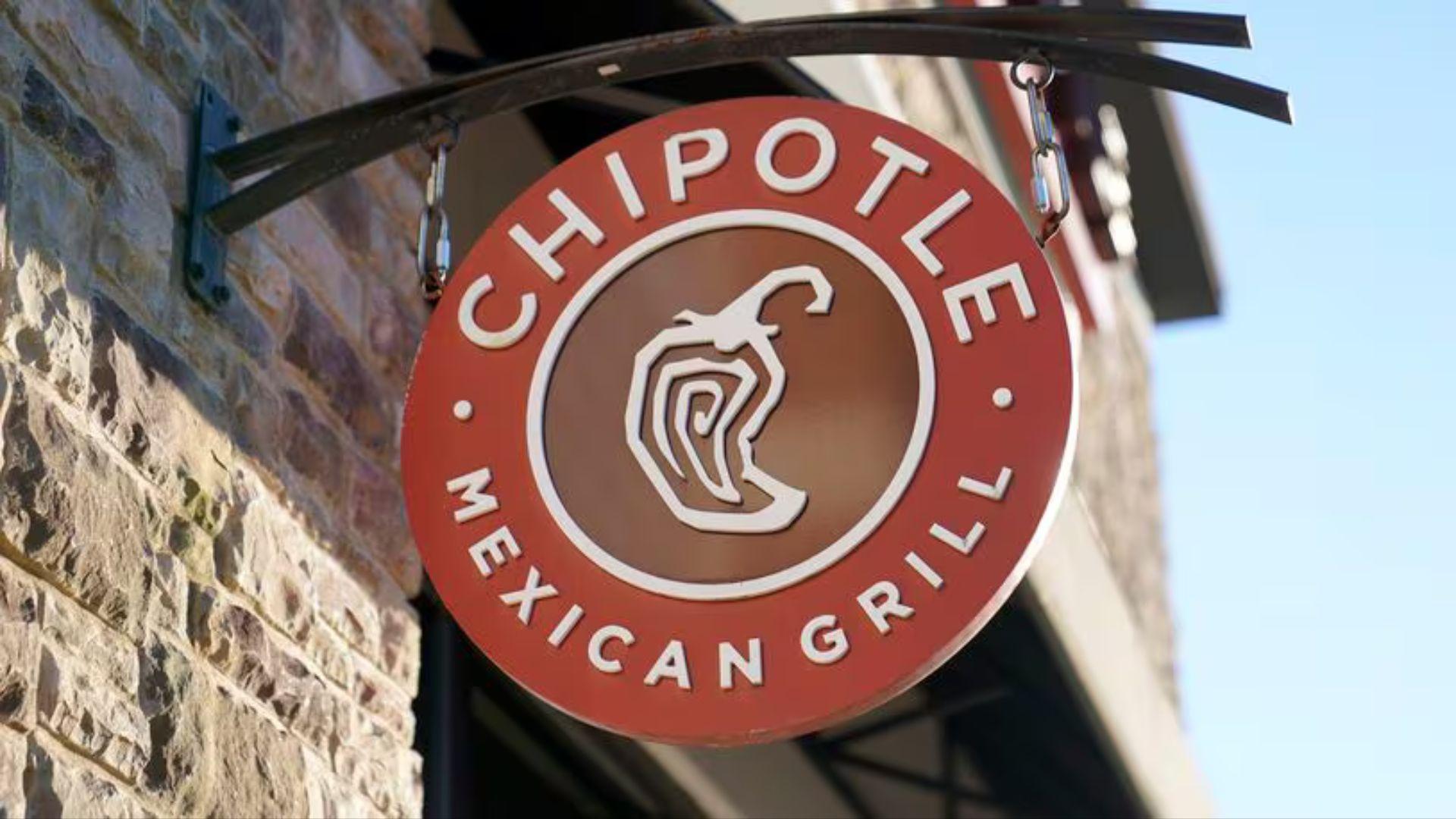
The most common complaint regarding the new law is that, as companies strive to keep their profit margins steady, they will increase their prices as their labor costs rise.
Companies like McDonald’s and Chipotle have already spoken out against the policy, stating that such an increase will have to increase their price tags, but there are other, lesser-known side effects as well.
Everyone Will Need a Raise

One consequence of this law that wasn’t immediately addressed in the media is that if minimum-wage employees receive raises, companies will also have to increase compensation for their managers.
It wouldn’t be fair to ask an employee to take on more responsibility if they are being paid the same amount as an entry-level worker. Therefore, companies across the state will have to pay more this year for almost every member of staff, not just the minimum wage workers.
It’s Not Just Managers Getting a Pay Rise

It’s important to understand that it takes a well-oiled machine to run a restaurant. Minimum wage employees, such as those who run the cash registers, prep and line cooks, shift leaders, managers, and even janitors, are all necessary to ensure a fast food chain runs smoothly.
With this new law in place, those who clean fast food restaurants will also get a raise, which will likely change the entire janitorial industry.
Why Would a Janitor Work Anywhere Else?

Essentially, someone who works on the cleaning staff at a hotel or individually owned restaurant or business would be doing the same work as they would at a fast food restaurant. However, they would be making much less.
So, many industries fear they will struggle to keep their cleaning staff if they are not willing to match what fast-food restaurants are paying for the same position.
This Problem Also Applies to Employees of California’s Schools

This problem also applies to the school districts of the Golden State, which don’t have nearly enough funding to increase their staff salaries.
Janitors and cafeteria workers who work at schools may just leave the kids of California behind in order to make 25% more doing the exact same job at McDonald’s.
There Could Be Significant Layoffs This Year in the Fast Food Industry
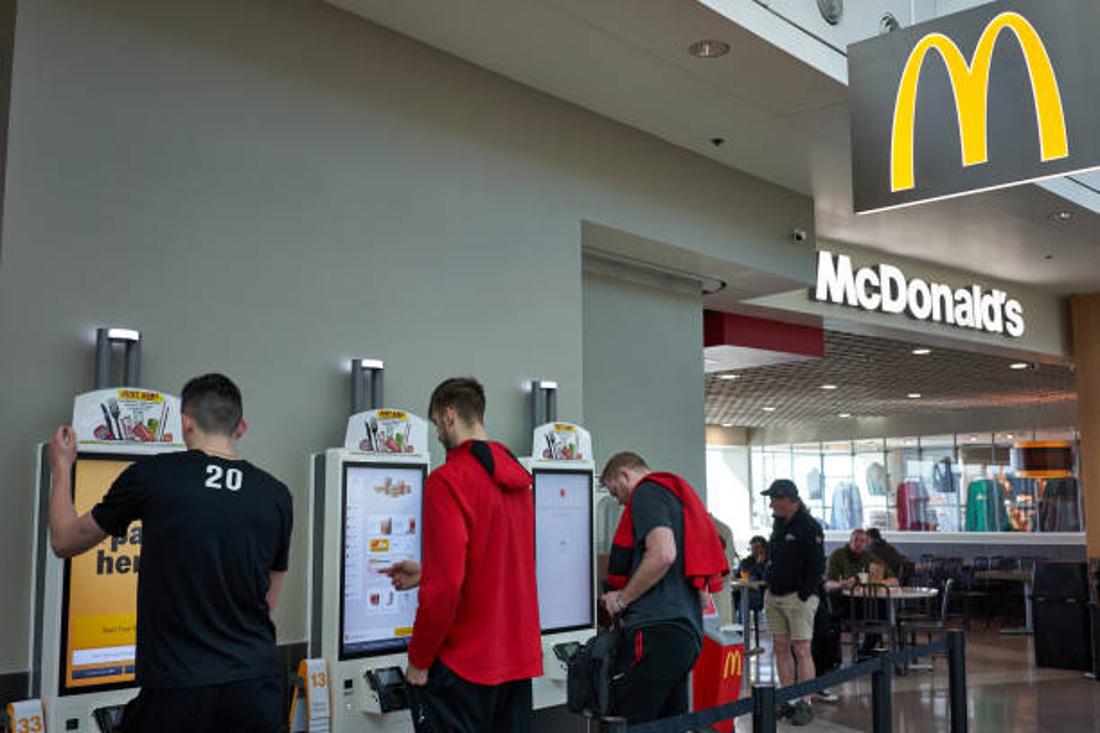
Additionally, major fast food corporations have been discussing using artificial intelligence to reduce the growing cost of labor in California. These days, electronic kiosks are far more economical than employing a cashier, and there are even robots that can make food and replace the cooks in the back.
Therefore, many are worried that while the remaining fast food employees will be making a bit more than they were before, thousands could lose their jobs to a machine thanks to Gov. Newsom’s law.
Gov. Gavin Newsom Said This Law Would Affect 500,000 Employees
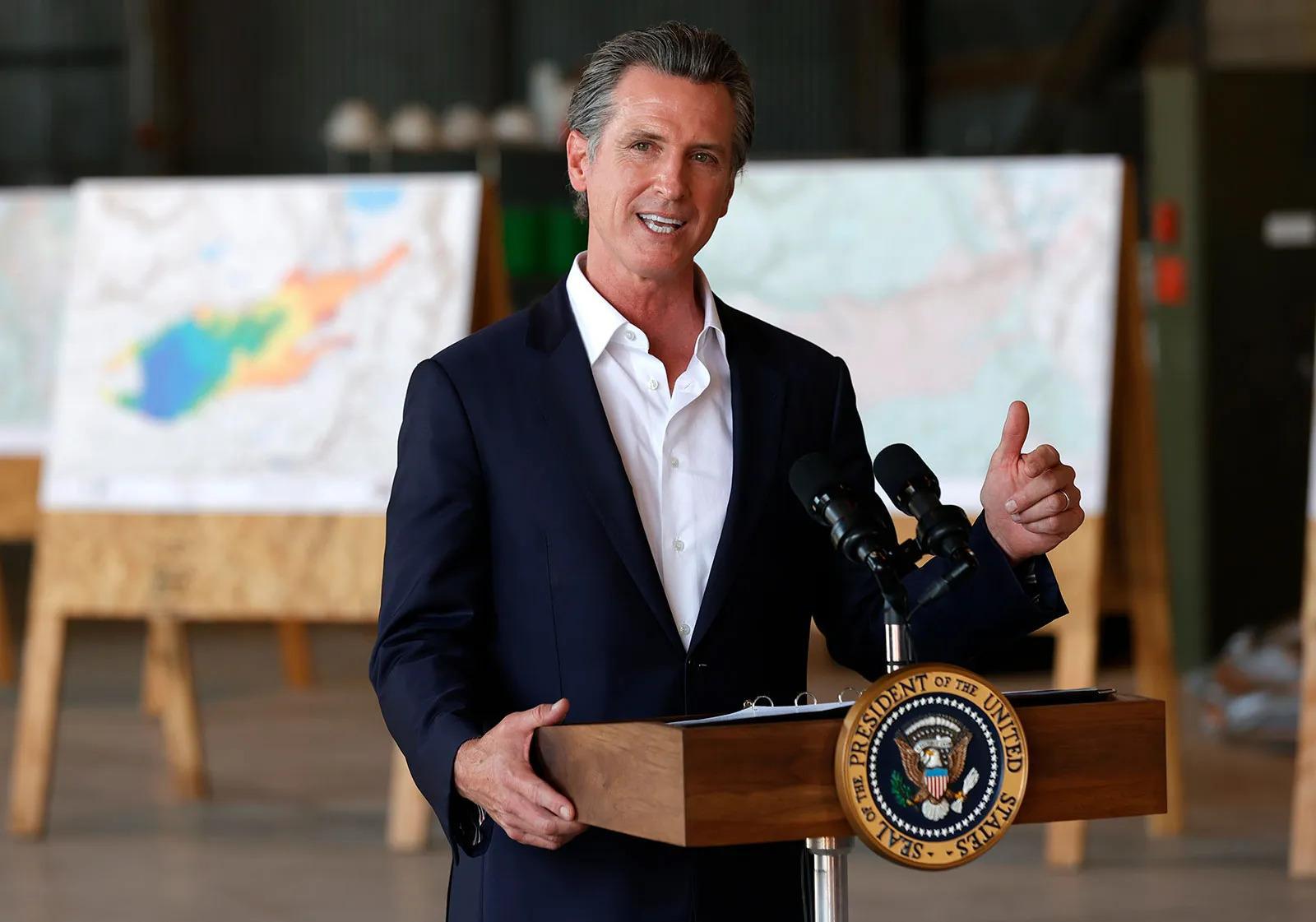
When he passed the minimum wage legislation, Governor Gavin Newsom explained that it would increase pay for around 500,000 low-income employees throughout California.
However, it’s now become glaringly apparent that this estimate was almost ridiculously low. The new approximation is that some 5 million California low-wage workers will see an increase in wages this year, due to spillover to other industries and increases for managerial positions.
This Kind of Increase Will Affect the Entire Nation
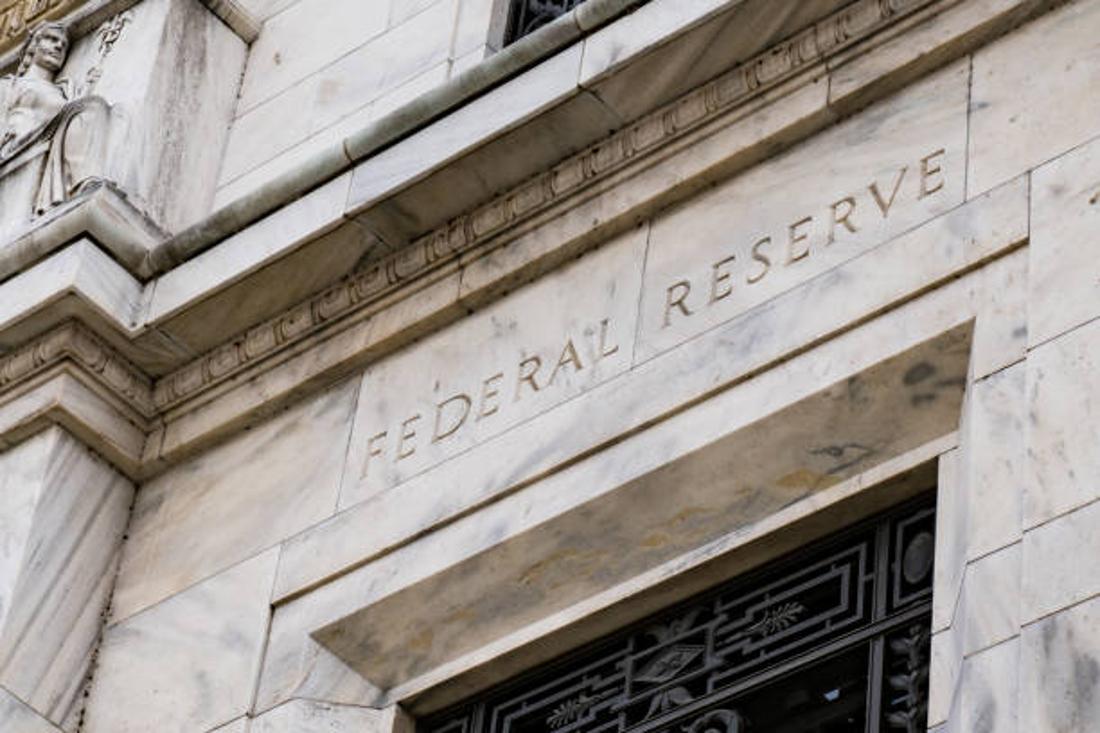
According to Bloomberg Economics, the increase in the minimum wage for fast food workers in California will directly affect 3% of the US workforce. Therefore, this decision will influence not just California’s economy but the entire nation’s.
As the national labor costs increase significantly, some experts worry that the Federal Reserve will be forced to delay interest rate cuts. Which means that inflation will stay frustratingly high for the foreseeable future.
Biden Is Betting the Election on His Ability to Decrease Inflation
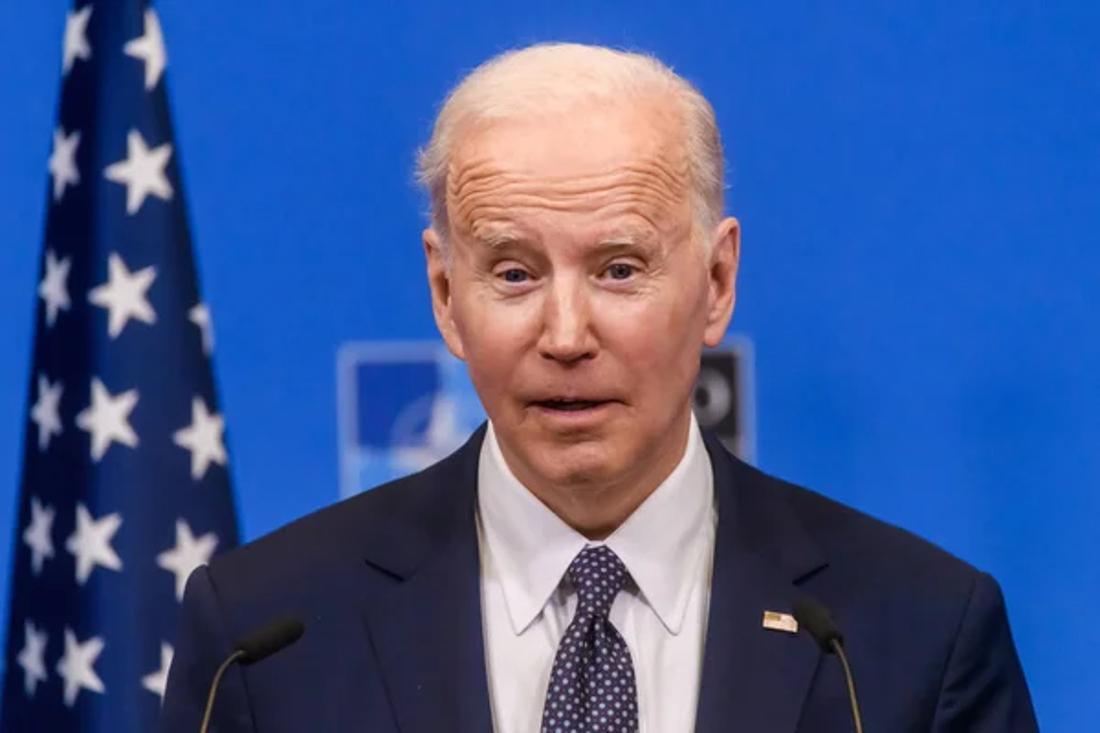
Yet another side effect of this bill is that it may directly influence who wins the Oval Office in November.
Throughout his campaign, President Biden has pledged to his constituents that he will bring down inflation. But if he can’t keep that promise, he may lose millions of votes. Many Americans might decide to vote for Trump, who famously substantially decreased inflation during his first term as president.
This Law Will Have Lasting Consequences

From nationwide layoffs to issues at the Federal Reserve, understaffed schools, robot employees, and maybe even a new president, there are numerous ways in which the increase in the minimum wage in California will affect America this year.
While many Americans consider this law to be a real win for the average low-income employee, others wonder whether the policy will actually improve life in the USA or if it is doomed to make it worse.
